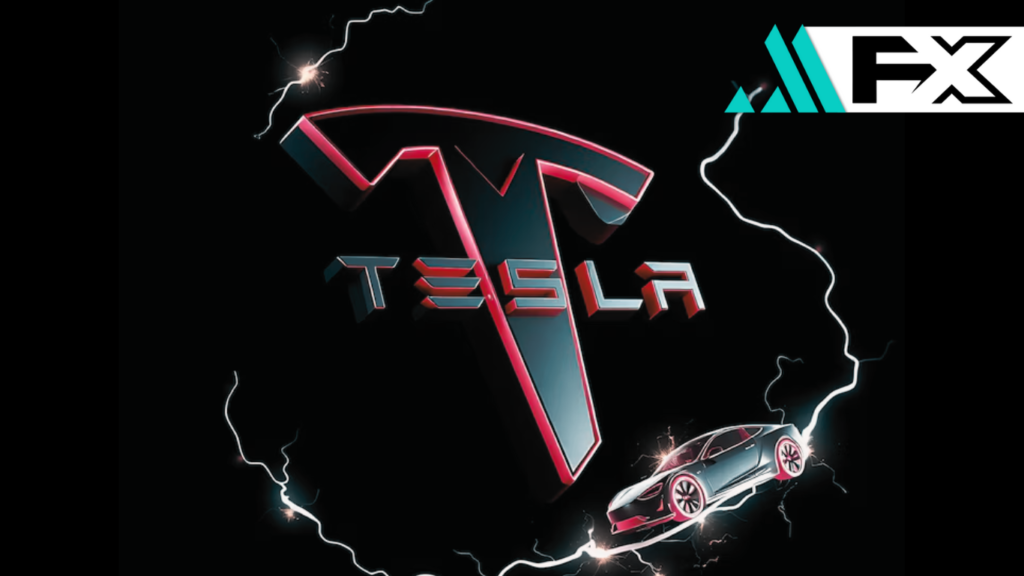Tesla’s presence in Europe continued to shrink in the first quarter of 2025, as the electric vehicle (EV) giant grappled with declining demand, mounting competition, and fallout from ongoing political controversies. According to new data from the European Automobile Manufacturers’ Association (ACEA), Tesla’s March vehicle registrations fell 28% year-over-year to 28,502 units, compared to 39,684 units in March 2024.
While Tesla saw a modest month-on-month recovery from February’s 16,888 units, the broader picture remains troubling. For the first quarter, Tesla’s European sales fell 37.2% year-on-year, rounding out one of the company’s weakest regional performances since its expansion into the continent.
Tesla’s market share in Europe also declined to 1.6%, from 1.8% the year prior, despite an overall rise in EV adoption across the region.
Market Shifts Favor Other EVs
March’s dip in Tesla registrations came despite a surge in demand for electric vehicles in Europe. The ACEA data shows that battery electric vehicle (BEV) registrations jumped 23.6%, while plug-in hybrid and hybrid electric vehicle sales grew 19.5% and 24.5%, respectively. In contrast, petrol vehicle registrations declined sharply by 20.1%.
Tesla’s failure to benefit from this broader EV boom highlights several ongoing challenges:
- Brand backlash tied to CEO Elon Musk’s controversial statements and political ties
- Stiff competition from emerging Chinese automakers offering lower-priced alternatives
- A dated product lineup, with limited new models reaching showrooms
Tesla’s competitors are increasingly targeting the European market with models better tailored to regional preferences, aggressive pricing, and quicker product cycles.
Trade and Tariffs Compound Troubles
Beyond domestic hurdles, Tesla’s global strategy is being tested by rising geopolitical tensions. The U.S.-China trade war has intensified, with new tariffs imposed on Chinese-made EV components, many of which Tesla relies on for production.
This is especially significant given Tesla’s plan to revamp the Model Y with a lower-cost version and to expand autonomous driving capabilities. These initiatives could be delayed or made more expensive by the shifting trade landscape.
Additionally, Tesla’s Q1 earnings, reported Wednesday, fell short of Wall Street expectations, underlining the urgent need for a product refresh and cost realignment.
Takeaway:
As Europe’s EV market accelerates, Tesla risks falling behind unless it can quickly address competitive pressure, reputational challenges, and tariff-related disruptions.


